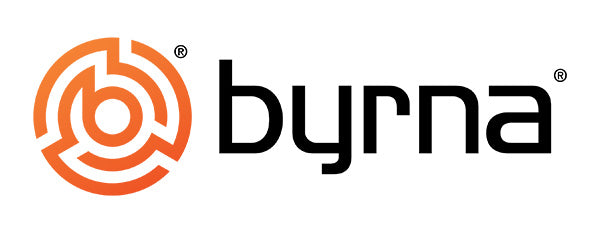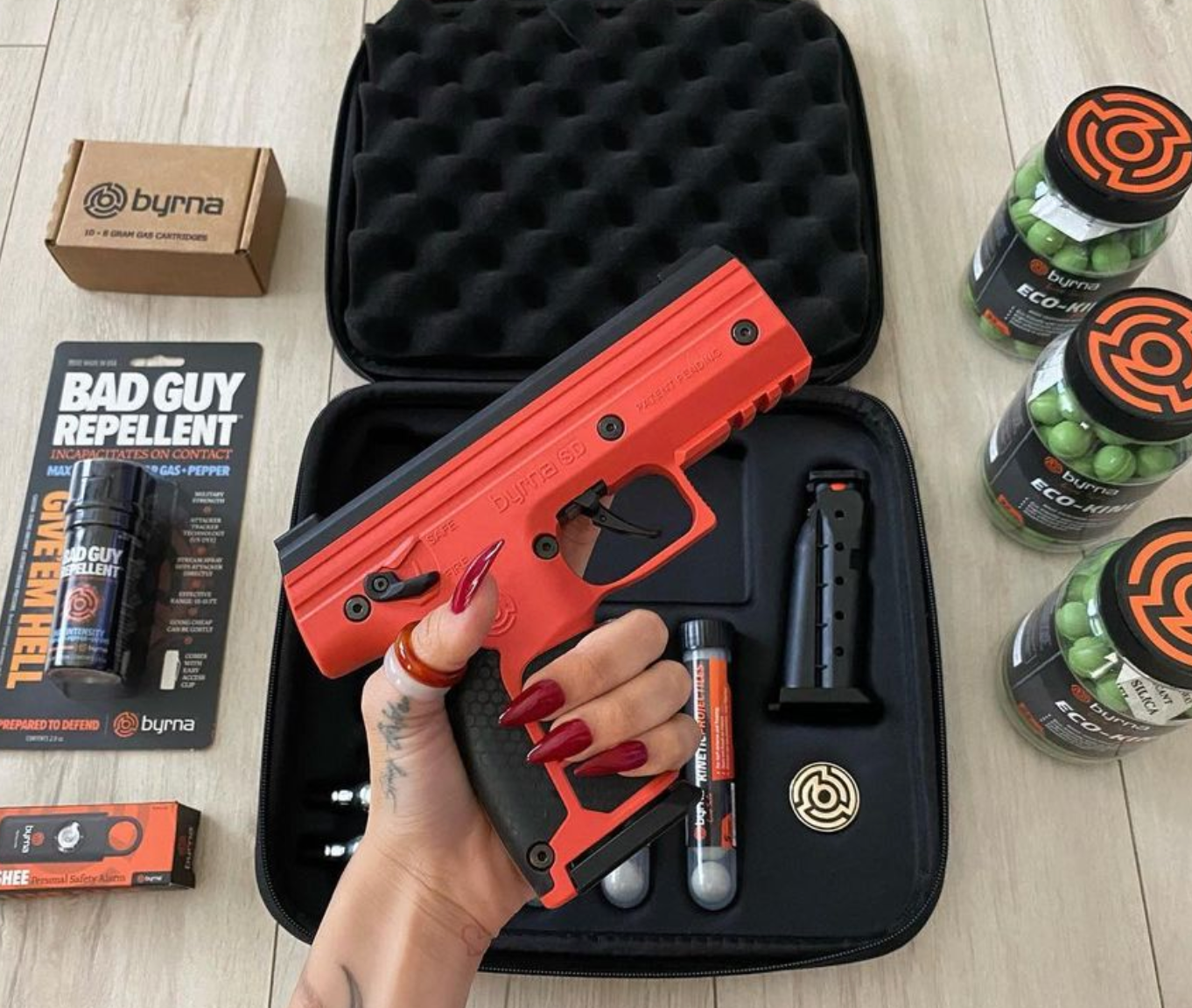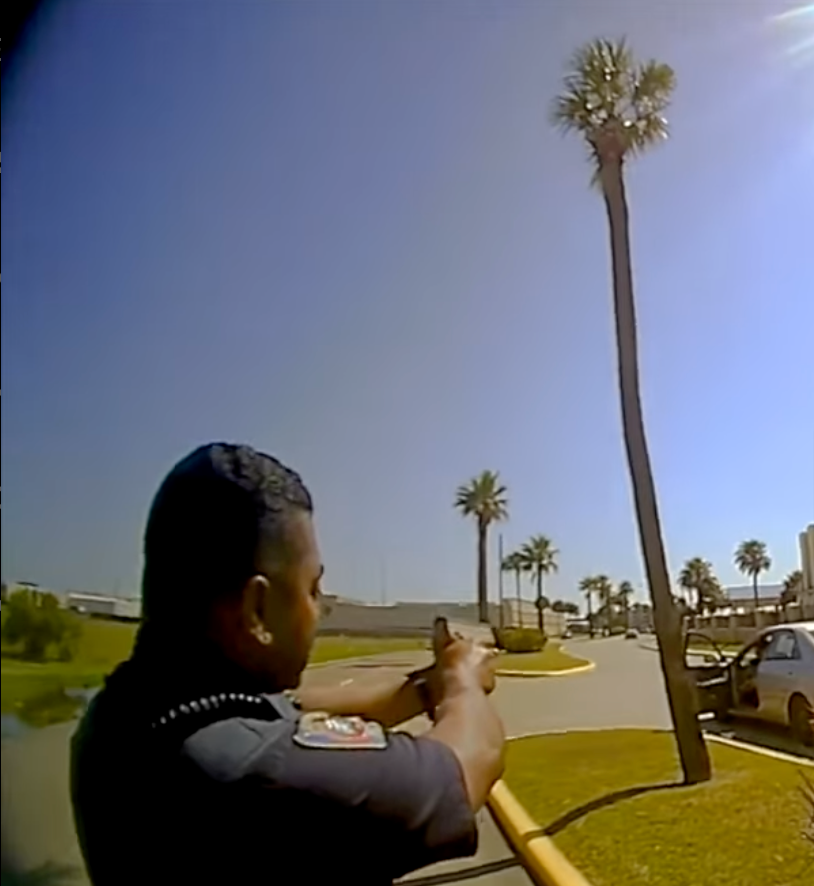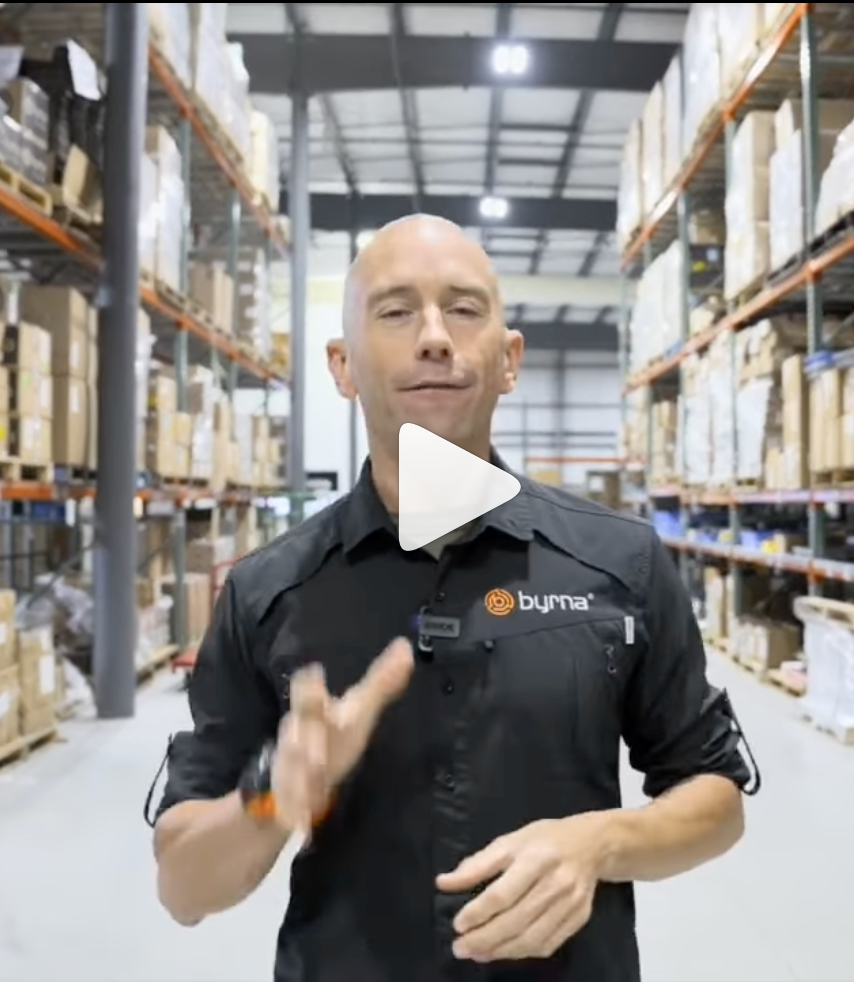
Backyard air gun shooting can frequently confuse people across Canada! You would think that owning some property means you can practice with your pellet gun whenever you want to. But that's not always true. The laws depend on a combination of federal laws about how fast the pellets can travel and provincial laws that change depending on where you live.
Take some time to learn these laws. It actually helps you stay away from any fines and keeps everyone safe. If your air gun looks like a real weapon, the police might show up even if you're not breaking any of the laws. And let's talk about your neighbors - if a stray pellet damages something on their property, you could end up with some repair bills and an awkward conversation.
When you learn about your local bylaws, it makes the difference between having fun with target practice and ending up with legal complications.
We've made safety part of our standard schedule, and now we need to look at the legal requirements that affect everything that we do.
Table of Contents
Legal Framework
Air guns in Canada get some different treatment depending on how they're actually classified. You don't need a license from the Canadian federal government for air guns that shoot below 500 feet per second - that means your common backyard pellet guns and BB guns don't need any paperwork from you.
You don't need a license to own these lower-powered air guns. But they can still be considered weapons in some situations. If you use one to threaten somebody or during a crime, it suddenly can become a "firearm" under the Criminal Code - this actually happened in Canada back in 2018 when somebody used a pellet gun in a robbery and ended up charged with a firearm in the incident.
The government makes this distinction because low-velocity air guns usually don't pose the same dangers as real firearms do. They can hurt somebody if they're misused. But they're much less likely to cause serious harm or death to a person. That's why they fall into this middle category in the law for most situations.

Federal laws are just one part of the picture for you. Your province may have its own laws that restrict who can buy and use air guns. Provinces don't allow minors to buy them without an adult's permission which can add another layer of regulation even when no federal license is needed for these items.
Your local city or town laws affect backyard shooting the most. Some localities have noise laws that limit when you can use loud equipment around your home. Some towns specifically ban firing any projectile device within city limits, even if it's just a BB gun in your own backyard.
Police usually enforce these local laws based on neighbors' complaints about noise. If somebody calls about you shooting in your backyard, officers will check to see if you're breaking any local bylaws. They might give you a warning before they hand out tickets for the violation.
The hard part is that these bylaws can be completely different from one town to the next in Canada. What's legal in a rural city might break a few laws in a suburban neighborhood just a few miles away.
Local Laws
Air guns could be legally owned in Canada. But there's a twist you might want to know about - your city's laws actually have the final say on whether you can shoot them in your backyard, and each town or city creates its own restrictions on shooting air guns in residential areas. These local laws ban shooting any kind of weapon inside city limits - this includes air guns, even if they're not powerful enough to need a license.
Toronto, just to give you an example, doesn't allow anyone to fire air guns within the city boundaries unless you're at a designated shooting range. Vancouver has similar laws that ban shooting air guns in parks and public areas. Smaller towns usually follow this pattern, too. The laws are actually much stricter in dense neighborhoods where houses are close together.
Some places might let you shoot in your yard if you're far enough from your neighbor's property. However, these exceptions are rare in urban areas. The main concern is about safety, as air gun pellets can travel pretty far. Even a low-powered air rifle can cause property damage or hurt somebody if it's used carelessly.

When you break these local laws, you'll find that you're in some serious trouble. You might face fines that range from a couple hundred to a few thousand dollars. The police can also confiscate your air gun if you're using it illegally. In some serious cases, you could even be charged with more extreme offenses if somebody gets hurt.
The tough part is that these laws change from one city to the next. What's legal in a rural city could be completely banned just a few miles away in a suburb - this patchwork of laws means you might need to do some homework before shooting. Your local police department or city hall can tell you what's allowed in your area.
Remember that ignorance of local laws isn't a valid excuse if you get caught breaking the rules. Most people don't know that the federal air gun laws are just the starting point. Your municipal bylaws frequently set much stricter limits on where you can use these guns.
Safe Storage
Air guns in Canada sit in a gray area for the storage laws. The laws depend on how your air gun is. Most of the backyard air rifles shooting under 500 fps don't have any strict legal storage requirements. But there's actually a twist you might want to know about.
Even when the law doesn't make you lock up your lower-powered air guns, keeping them protected makes sense. Accidents happen because somebody didn't put their gun away. Kids can get curious and might not know that these weapons can be dangerous. When you take a few easy steps, you stay away from serious accidents.
Store your air gun where children and visitors can't find it! A high shelf or cabinet with a lock works. Some people like to add trigger locks for extra safety. It's just a small step that might save somebody from getting hurt.

For air rifles shooting over 500 fps, the laws get much tighter. You need to store these in a locked container or cabinet. Always unload them when you're not using them. Keep the ammunition in a different location or locked up as well.
Conflicts between neighbors frequently start because somebody isn't being careful with their air gun storage. Your neighbors will feel much better when they learn about how you manage your equipment responsibly - this helps to build trust in your community.
The Canada Criminal Code says that all gun owners need to take basic care with their weapons - this applies to air guns, too, even those without any storage rules. When you're careless with any type of gun, it can get you into legal complications. If somebody gets hurt because you didn't store your air gun, you could be held responsible.
Transportation Laws
When you're taking your air gun to a range or a friend's home, you need to move it safely. The laws that you should follow depend on how your air gun actually is.
If your air gun shoots under 500 feet per second then you'll probably manage with quite a bit less restrictions. These air guns aren't considered firearms under the Canada Firearms Act. But you still need to be careful with them. The Criminal Code expects you to take basic steps to keep them protected during transport.
For air guns that shoot faster than 500 fps, the laws get much stricter. You have to keep these air guns completely unloaded while moving them - that means no pellets or BBs in your gun while in your car or backpack.

When you're driving with your air gun, keep it out of sight. Put it in your trunk or a locked compartment where people walking by can't see it - this helps to stay away from theft and stops others from being concerned if they see what looks like a weapon. Never leave your air gun alone in your vehicle.
Many air gun owners use a locked case for transport - it'll give you some extra safety while you're on the move. Store your pellets or ammo separately from the gun - it makes basic sense even when the law doesn't necessarily need it.
Your town may also have some extra restrictions on moving air guns around. Some places have transport requirements after dark. Others don't allow air guns in public areas at all.
Age Limitations
Air guns in Canada come with some strict age limits that you might want to know about. In most provinces, you need to be at least 18 years old to buy and own an air gun - this rule helps keep younger people safe from accidents and incorrect use. The government actually treats these weapons as something that needs careful handling.
If you're between 12 and 17, you can still use air guns if you get a Minor's Licence - this licence takes some work - you'll need to take and pass the Canadian Firearms Safety Course first - this course will teach you how to manage these weapons safely.
Children under 12 can still enjoy things like target practice with air guns in certain situations. The only catch is they need a responsible adult watching them the entire time. The adult has to stay right there, making sure that everything is done safely.
Some provinces have actually created their own restrictions on air guns that go even further. Ontario works with their methods a bit differently - they treat air gun pellets just like standard ammunition - which means that you can only buy the pellets if you're at least 18 years old.

Even in your own backyard, you still need to follow all of the same age restrictions. Your property doesn't give you any permission to ignore these rules. Many people don't know this fact.
These age limits are put out there to match responsibility with how mature somebody is. Young children might not completely understand the dangers that come with even lower-powered air guns. Teens usually have more awareness, but they still need training.
Age restrictions help cut down on the accidents that happen each year. Many people end up in the emergency rooms with air gun injuries. These accidents happen much less when the age laws and supervision laws are followed.
Backyard Concerns
Air guns aren't as dangerous as real firearms. But having them in your backyard can still cause some hazards. Most air guns can shoot projectiles that might damage property or hurt somebody. Even the weaker models need to be handled carefully. You should always check what's behind your target before you start shooting.
People don't actually know that air guns can be very loud. Your neighbors might not like the popping sounds while they're trying to relax in their yard. Some air rifles make enough noise to travel through a few backyards - which is frequently why people end up with noise complaints from their neighbors.
The biggest worry is the safety of everyone around you. Pellets can bounce off hard surfaces in unpredictable ways. They might hit windows, your siding, or even people in nearby yards. A pellet that misses your target could travel much farther than you might expect. Many backyard shooters don't set up backstops to catch their stray shots.

Local laws make backyard shooting quite tough in Canada. Most cities have bylaws that ban discharging any weapon within the city limits - this includes private property like your own backyard. The laws apply even to air guns that don't need a license. Your local police might respond if somebody sees you with what looks like a gun.
Children are another concern for backyard shooting. Canadian law requires you to keep all air guns away from unsupervised minors. When you let neighborhood kids watch you shoot, it can seem harmless. But it could give them the desire to try it without any supervision.
The appearance of your air gun matters, too. Most modern air rifles look almost identical to real firearms. A concerned neighbor might call the police if they see what seems to be a gun - this could cause a dangerous situation with the responding officers. Police have to treat all gun reports as serious until proven otherwise.
Protect Yourself and Your Family
Your local laws and making responsible choices are at the heart of air gun ownership. With backyard use, the reality is that most urban and suburban areas in Canada basically don't let it happen, even when your air gun falls below the licensing requirements. An air gun - even when it's used with the best intentions - could be seen by your neighbors or passersby. It's just not worth the risk.
Safety should always come first in these situations. Take the time to find designated shooting ranges or get permission to use them on private rural land. That shows respect for the law and your community. It's worth asking yourself - is the convenience of backyard target practice worth all of the possible dangers and legal challenges? I believe that most people would agree that planning and following the laws helps everyone enjoy their hobbies without unnecessary worry.
Remember that responsible ownership extends past where you shoot. The storage, the age requirements and being aware of the transportation laws all play parts in the bigger picture of air gun safety. These steps can seem like extra work. But they usually become second nature - and they can make the whole experience better for everyone involved.

On the topic of safety and personal protection, people are looking for legal alternatives that don't include all of the complications of firearms. That's where Byrna comes in.
For personal protection without all of the complications of firearms, Byrna Canada sells less-lethal pistols, rifles, and security devices. You don't need any background checks for our products and they're actually legal in all provinces. We can ship directly to you with free shipping on all launcher orders.
If you want a reliable self-defense option without all of the legal complications we've talked about, check out Byrna.ca to see our self-defense tools and take a step toward feeling more protected today.




